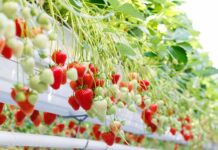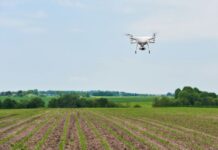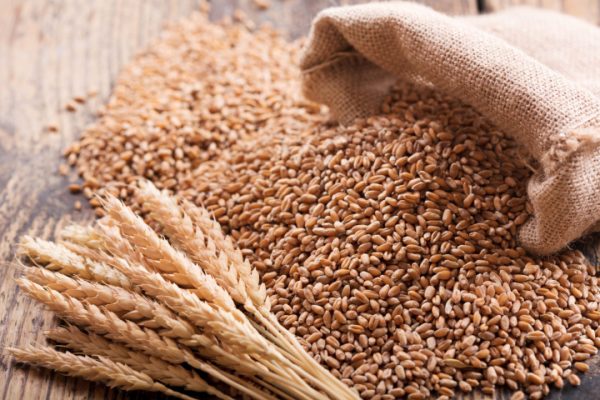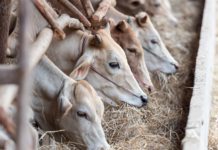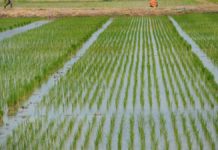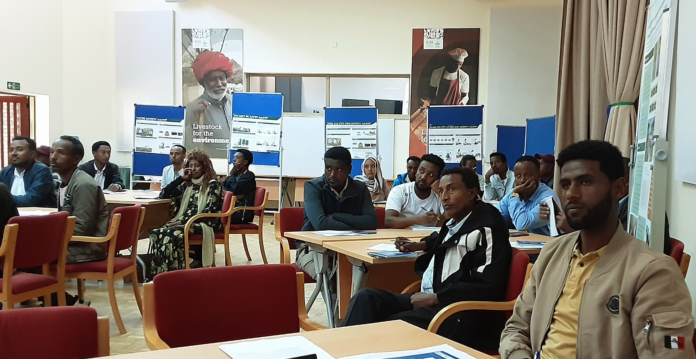
The International Livestock Research Institute (ILRI) is spearheading a groundbreaking initiative to bolster Ethiopia’s livestock extension system.
Through a series of workshops held at its Addis Ababa campus late year, ILRI introduced the Pioneer-Positive Deviance (P-PD) approach as a key tool to empower livestock farmers facing climate change, disease outbreaks, and limited resources.
The workshops brought together a diverse group of stakeholders, including regional experts, government officials, NGO representatives, researchers, private sector players, and development agents—central figures in Ethiopia’s extension system.
Together, they explored how P-PD could provide sustainable, scalable solutions tailored to Ethiopia’s unique challenges.
The P-PD Approach
Pioneer-Positive Deviance centers on a powerful idea: communities can learn from members who succeed against the odds. By identifying and amplifying the practices of “Pioneer Households”—farmers who have developed innovative solutions to common challenges—the approach highlights locally rooted methods that work.
This bottom-up model shifts focus from external interventions to community-driven solutions, equipping Ethiopia’s extension system to facilitate knowledge sharing. ILRI aims to leverage these successes to empower farmers and foster resilience.
Adaptation Pioneer Households at the Forefront
A critical component of P-PD is the role of Adaptation Pioneer Households (APHs). These households thrive despite climate stress and resource constraints by implementing innovative livestock management practices. APHs not only adapt but also inspire others by sharing their techniques through farmer-to-farmer field days and community knowledge networks.
During the workshops, participants discussed ways to integrate APHs into Ethiopia’s extension system. This included identifying and supporting more APHs, fostering peer-to-peer learning, and expanding their role as agents of change within their communities.
Tailored Extension Materials
As part of the P-PD initiative, ILRI collaborated with APHs and extension workers in Debre Birhan to co-design practical extension materials. These resources, including booklets and posters, cover critical topics like homemade feed concentrate preparation, crop residue storage, and haymaking.
Strategically distributed through veterinary services, community centers, and door-to-door campaigns, the materials reached thousands of households across multiple woredas. Farmers provided overwhelmingly positive feedback, citing the resources as practical, cost-effective, and directly relevant to their needs.
Strengthening Ethiopia’s Livestock Sector
The ILRI workshops also outlined strategies to integrate P-PD into the Ethiopian extension system. Key recommendations included:
Expanding APH Networks: Identifying more pioneer households to create a larger pool of expertise.
Enhancing Farmer-to-Farmer Learning: Facilitating peer-to-peer networks to complement formal extension efforts.
Leveraging Technology: Utilizing digital tools to expand the reach of extension services.
Fostering Collaboration: Strengthening partnerships between farmers and extension agents to embed P-PD principles into existing programs.
This approach aligns with Ethiopia’s goals to build a resilient livestock sector capable of adapting to climate challenges while improving productivity and sustainability.
A Step Forward for Ethiopian Farmers
The workshops marked a significant milestone in developing a practical P-PD implementation framework for Ethiopia. By empowering farmers, promoting peer learning, and integrating local solutions, ILRI’s initiative promises a transformative impact on Ethiopia’s livestock sector.
As the program scales up, it offers a model for sustainable development and resilience, ensuring livestock farming remains a viable livelihood for generations to come.


